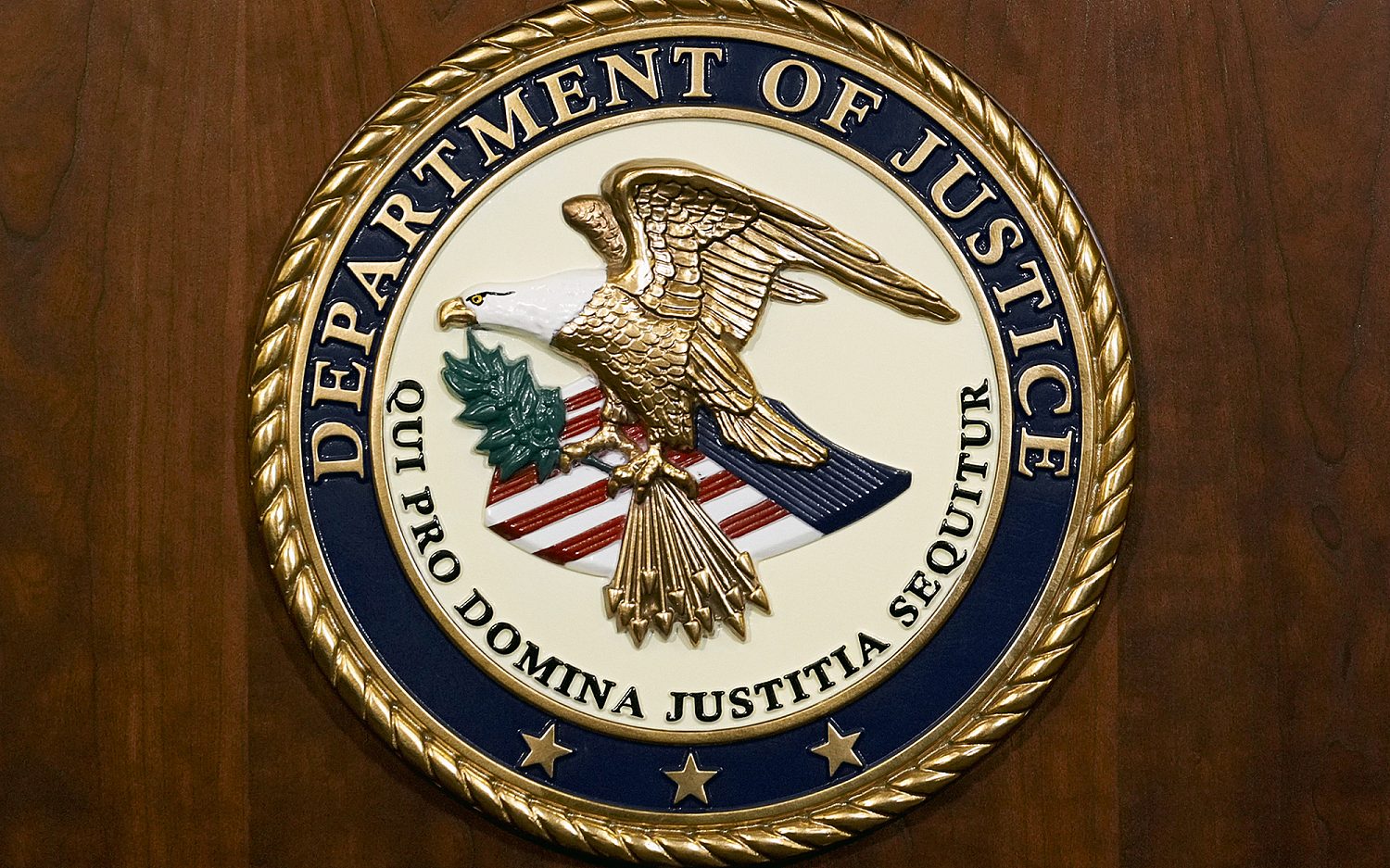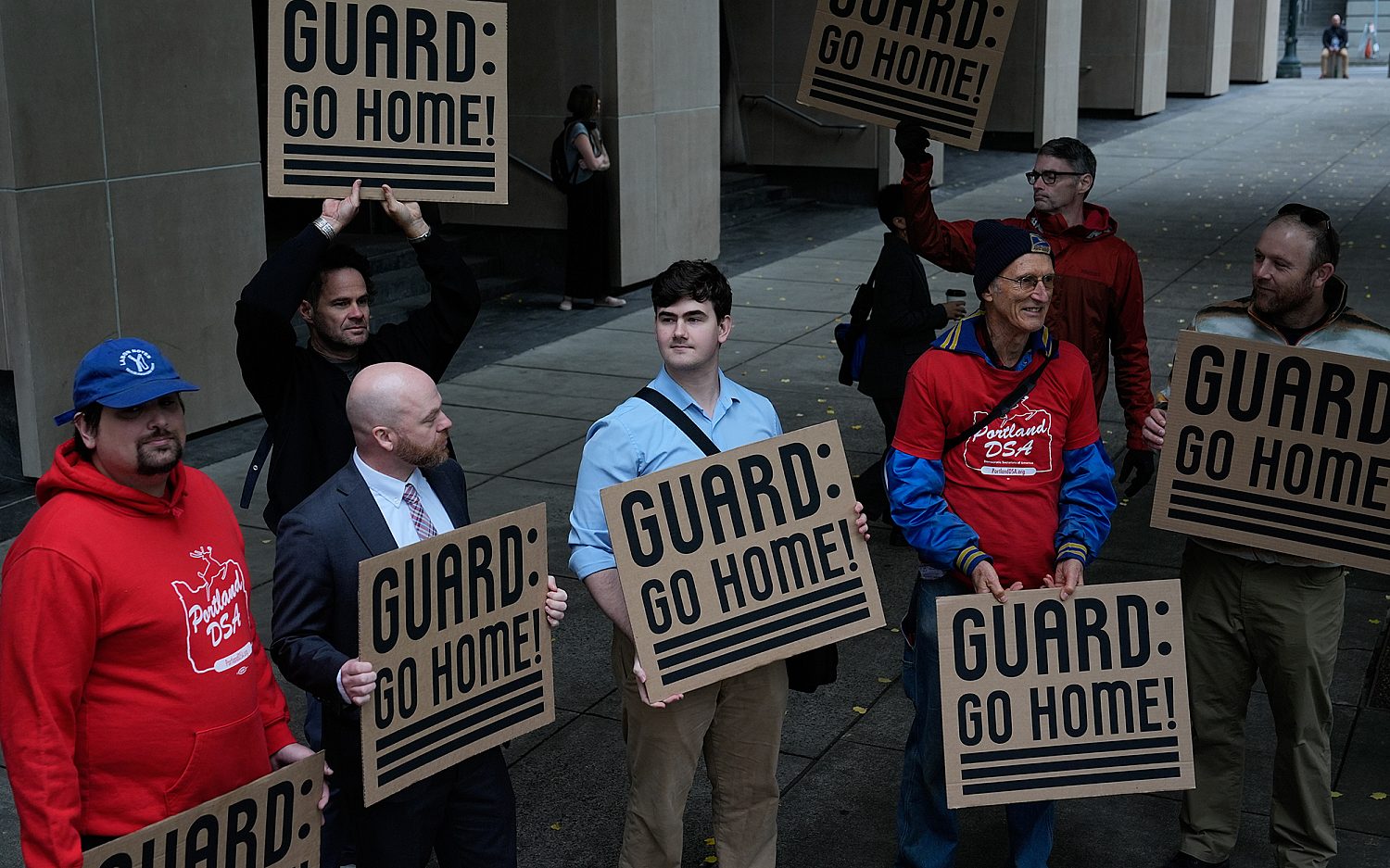A Reformed approach to racial reconciliation
Anthony Bradley talks about God’s sovereignty and how we can demonstrate the unity Jesus prayed for in His church
Anthony Bradley is a professor at The King’s College in New York City, but his influence extends well beyond the campus there. He’s a research fellow with the Acton Institute, a regular contributor to WORLD Magazine, and the author of a number of books, including Liberating Black Theology and Keep Your Head Up: America’s New Black Christian Leaders, Social Consciousness, and the Cosby Conversation. He received his Ph.D. from Westminster Theological Seminary, and early in his career taught at a Presbyterian seminary while also serving as the director of the Francis Schaeffer Institute. I had this conversation with Bradley at his office at The King’s College in New York City.
Tell me about your journey to Reformed theology. I was raised United Methodist, and in that tradition [there is] a strong emphasis on Wesley’s burden for both justice and holiness. When I went to college, I went to Clemson University and got involved in Reformed University Fellowship. That was when I was really introduced to a theological system that I didn’t realize my church back home actually taught but didn’t use the same categories. For example, the idea that God is sovereign above all things is something that the black church has always believed because it was the only way to reconcile the black experience in light of slavery, in light of reconstruction, in light of the civil rights movement.
To talk about those terms but without the categories, it was actually an easy transition because I was raised with this idea that God is really big and does amazing things, and if it were not for the grace of God, none of us would be where we are today. Entering into that theological space for me was actually not that big of a transition because the black church tradition is there. If you listen to a lot of gospel music, you’ll hear some of those themes. I think the basic reason that you don’t find more in the tradition in terms of the categories is a lot to do with exposure. There just hasn’t been a lot of materials that have gone back and forth. Then the second reason is that the Reformed tradition has been on the wrong side of a lot of race history in America. That, for some people, has been too big of a hurdle.
Some of the great Reformed theologians include people like R.L. Dabney, who was a well-known chaplain of the Civil War for the South. That is a troubling part of Southern Presbyterian history. You think that’s a real stumbling block. It is for a lot of African-Americans, because the question is going to be this: Why is it that this tradition, which lauded a theology that’s supposedly so great, was still vulnerable to that blind spot? The Westminster Confession of Faith makes it really clear that churches are vulnerable to error. This was one of the ways in which the synergy, the inertia of the culture, actually affected these theologians in ways that clouded their judgment and the ways in which they interpreted the scriptures. That is going to be a big hurdle, but it’s actually an opportunity to reaffirm that the scriptures are consistent, but God’s people are not and have to constantly be refined and refreshed and critiqued and tested by the word itself.
You were raised in a brand of Reformed theology, even if it didn’t have the language of the Reformed tradition, so it was easy for you to make that jump. Why, then, are there not more African-Americans, theologians, pastors, and lay leaders who openly embrace Reformed theology? Again, I just want to reiterate, the big stumbling block is going to be that many, many white Reformed folks have just been on the wrong side of history. If you look at the Puritans being chaplains on slave ships, Jonathan Edwards being a slave owner himself, the justification for slavery being based on the Curse of Ham doctrine out of Genesis. Those sorts of things really haven’t been dealt with appropriately for a lot of African-Americans to be open. The good news, though, is that there are lots of churches who are coming to openly repent and are willing to call out the past. We see that, for example, in Memphis, beautiful things going on between Independent Presbyterian Church and Second Presbyterian Church that have a real sordid history in the ’60s on issues of race. There’s progress; there’s good progress. It’s slow, but we’re looking forward to the opportunities ahead.
If you were consulting for the white Protestant church, especially the Reformed branch of the church, what would you say to them in terms of mending those fences, healing those wounds between the black church and the white church? Great question. I would first encourage my brothers and sisters to listen first. It’s one of the things that we encourage in a book that I put together called Aliens in the Promised Land that has a host of African-American and Hispanic and Latino and Asian leaders across the country who are simply addressing that very question: What can white, especially suburban evangelicals, do to help heal, to help reconcile, to help foster a sense of solidarity so that we can demonstrate the sort of unity that Jesus prayed about in John 17?
Listening well first and letting minorities lead those conversations in terms of what needs to be done is something that for many of us hasn’t been done enough. Often, whites come in with agendas. They come in with the way in which they believe the conversation should progress. What we encourage our brothers and sisters to do who are white is actually assume a position of subordination and let Asian leaders and Latino leaders and African-American leaders and immigrant leaders lead the discussion in terms of how to move forward.
When you say whites come in with an agenda, do you mean we’ve got a racial reconciliation box on our checklist of Christian maturity, and we want to get that box checked by having a conversation with a black man or with a Latino person? And we’re not really interested in racial reconciliation, but we’re interested in getting that box checked? Right. I would add not just getting the box checked, but getting over it quickly. It’s hard; it’s tense; it’s ugly; it’s painful; it’s uncomfortable. There’s a lot of vulnerabilities there, and people just don’t like to do it. I often find that people want to just quickly move on to the question of, okay, so what do we do now? Minorities, though, want us to talk about the stories of the past, the histories, the real hurts, the real pain, so that we can properly understand how to move forward by really unpacking what happened and how we got here.
We are all connected to the past. It’s one of the reasons I believe the Lord gives us the Old Testament—so that we can learn from the mistakes and the successes of God’s people of the past so that we do two things. One, we don’t repeat the bad things that they did, but secondly, we do repeat the good things that they did. When we tell these stories, it actually opens up for us good historical memory so that we are that much more aware of the things we’re doing today so that we don’t mimic, don’t repeat the same mistakes with good intentions. …
Also, it allows us to build a community, build solidarity, build a sense of unity around what is really a family story. It’s the same reason you talk to your kids about what your grandfather did, good and bad, and your great-grandfather and the great-great-great-great-greats on back—to build a sense [that] we are part of this together, and it’s the good and the bad and the ugly today.
Hear Warren Smith’s full conversation with Anthony Bradley on Listening In:
An actual newsletter worth subscribing to instead of just a collection of links. —Adam
Sign up to receive The Sift email newsletter each weekday morning for the latest headlines from WORLD’s breaking news team.





Please wait while we load the latest comments...
Comments
Please register, subscribe, or log in to comment on this article.